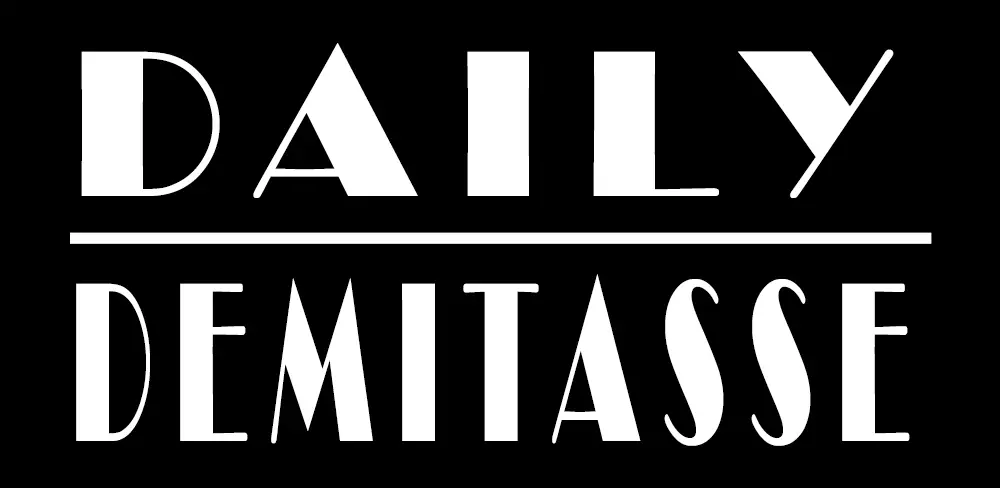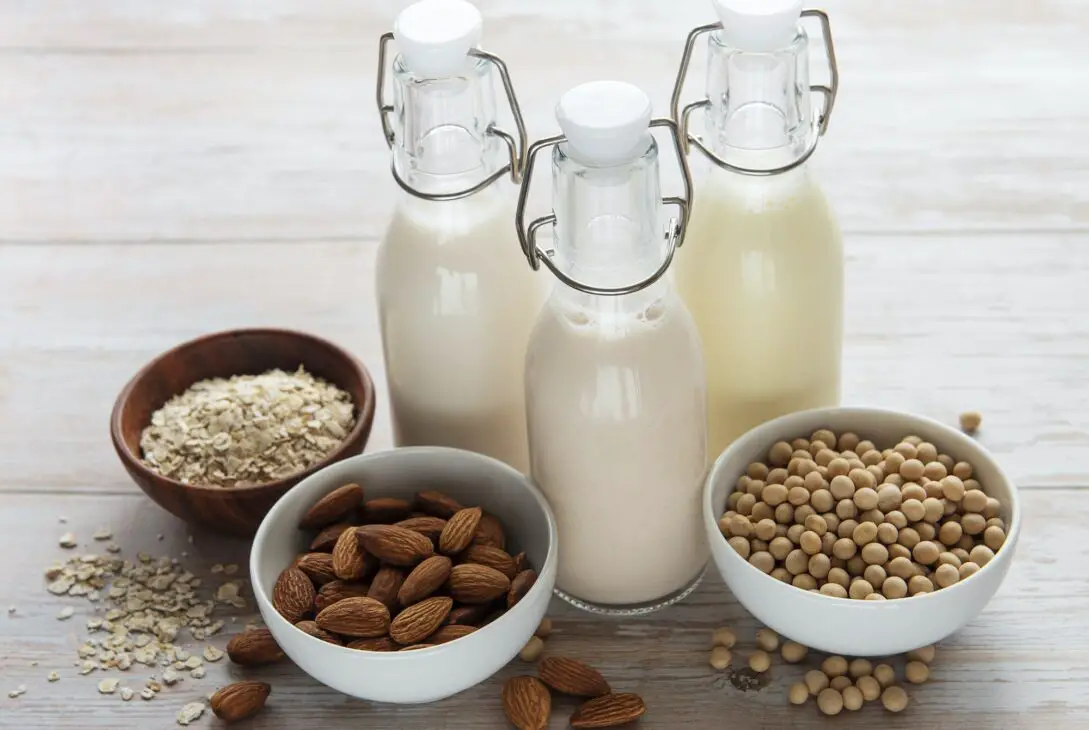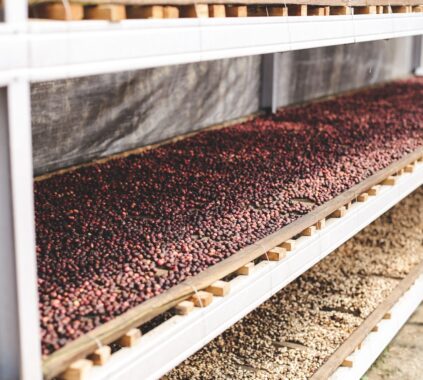Imagine this: you wake up on a beautiful morning, and you’re ready to brew your first cup of coffee. You reach for your favorite milk or creamer, only to find out it’s all gone. Don’t worry, my friend! The world of milk alternatives is vast, and you’ll soon find a perfect match for your coffee.
Table of Contents
The Rise of Plant Based Milks
With more people embracing plant based diets and concerns about lactose intolerance or dairy allergies, plant-based milk alternatives have soared in popularity. In this comprehensive comparison, we’ll dive into the best milk alternatives for your coffee, so you can find the perfect companion for your morning brew.
Almond Milk: A Nutty Delight
The nutty, creamy flavor of almond milk has made it a fan favorite. Brands like Almond Breeze and Silk offer a range of options, from unsweetened to vanilla-flavored. Almond milk froths well, making it a great choice for cappuccinos and lattes.
However, its nutty flavor may not be for everyone, and it can sometimes overpower more delicate coffee profiles.
Oat Milk: Creamy Consistency and Eco-Friendly
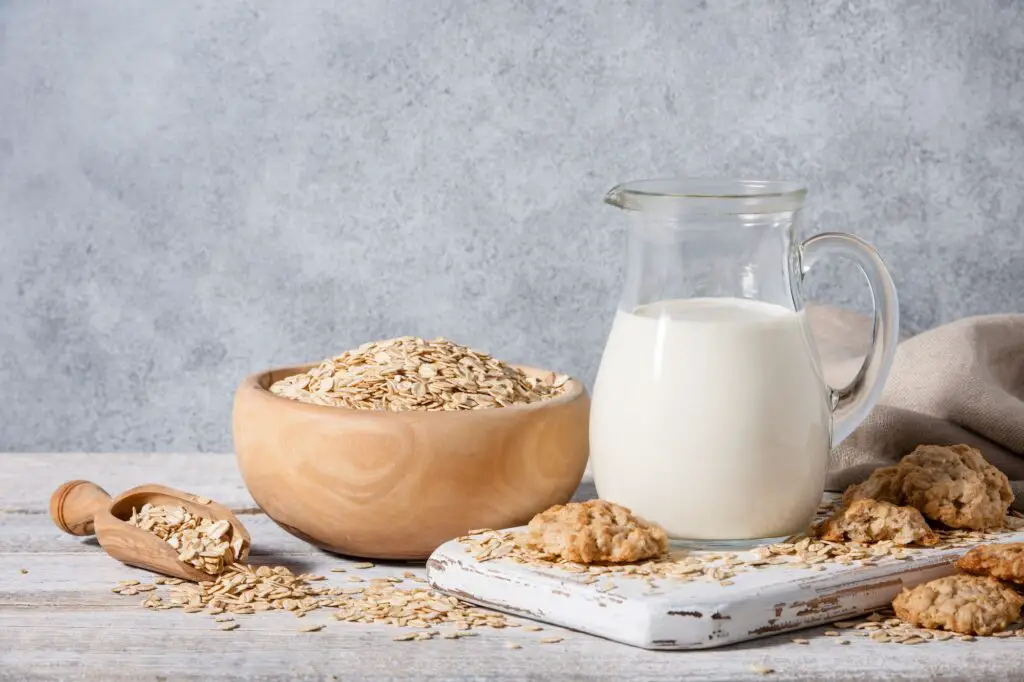
Oat milk has been gaining traction due to its thick, creamy texture and mild taste that complements coffee without overpowering it. Brands like Oatly and Califia Farms offer top-quality oat milk that steams and froths like a charm. Plus, oat milk production has a lower environmental footprint compared to other plant-based milks, making it a sustainable choice.
Soy Milk: The Classic Choice
Soy milk has long been a staple in the plant based milk world. Brands like Silk and So Good provide a variety of soy milk options, which can steam and froth well for your coffee drinks. Its flavor profile is generally neutral, making it suitable for different coffee types. However, some people might find its aftertaste a bit overpowering.
Coconut Milk: Tropical Twist
Coconut milk brings a rich, tropical twist to your coffee. With brands like So Delicious and Califia Farms, you can find various coconut milk options that add creaminess to your cup. Keep in mind that coconut milk has a distinct flavor that might not work with all coffee profiles.
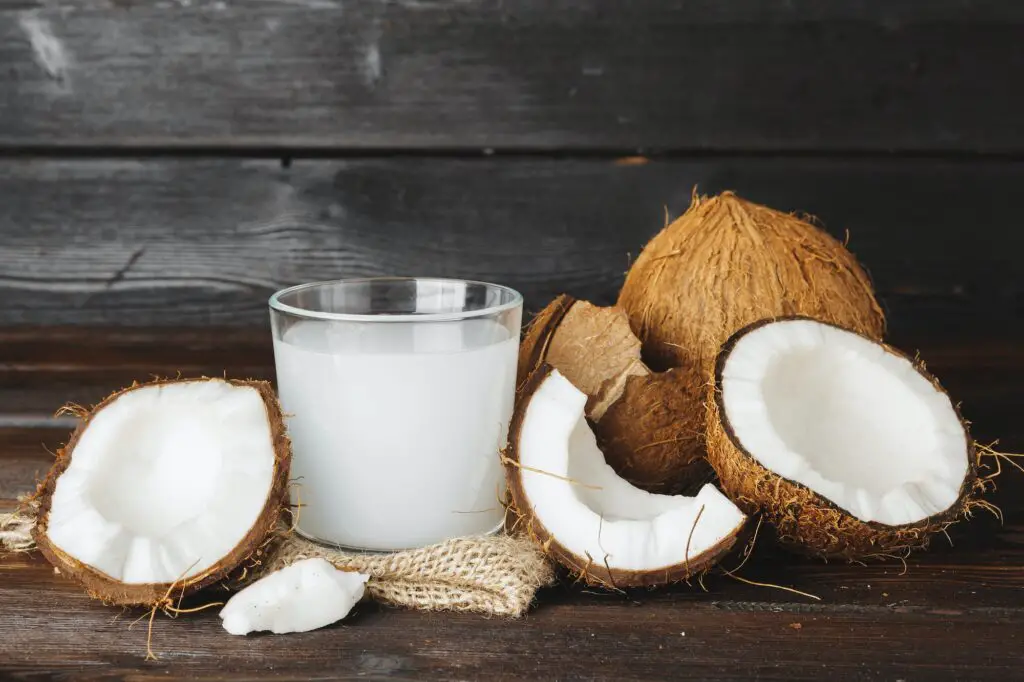
Rice Milk: The Gentle Alternative
Rice milk is a gentle, hypoallergenic option for those with nut or soy allergies. Brands like Rice Dream and Vitasoy offer rice milk that adds a subtle sweetness to your coffee. However, it doesn’t froth as well as other alternatives and might not be the best choice for frothy coffee drinks.
Cashew Milk: The Creamy Dream
Cashew milk is a recent addition to the milk alternative scene. Brands like Forager Project and Elmhurst offer cashew milk that brings a rich, creamy consistency to your coffee. It froths well, making it suitable for lattes and cappuccinos. However, its nutty taste may not suit everyone.
Pea Milk: The Unexpected Contender
Pea milk might sound unusual, but it has a surprisingly neutral taste and creamy texture. Brands like Ripple and Bolthouse Farms provide pea milk that froths well and adds a subtle creaminess to your coffee without overpowering its flavors.
FAQ: Your Milk Alternative Questions Answered
Q: How do I choose the best milk alternative for my coffee?
A: Consider your personal taste preferences and any dietary restrictions. Try different options and see which one complements your coffee without overpowering its flavors.
Q: Can I froth all milk alternatives like regular milk?
A: While some milk alternatives froth better than others, most can be frothed to some extent. Almond, oat, soy, and cashew milk are known to froth well, while rice and coconut milk might not provide the same frothy consistency.
Q: Do milk alternatives have added sugar?
A: Some milk alternatives have added sugar, while others don’t. Be sure to check the label and choose unsweetened or low-sugar options if you’re watching your sugar intake.
Q: Are milk alternatives suitable for people with lactose intolerance or dairy allergies?
A: Yes, plant based milk alternatives are free from lactose and dairy, making them suitable for those with lactose intolerance or dairy allergies. However, always check the label for any allergen warnings, especially if you have a nut allergy, as some alternatives are made from nuts.
Q: How do plant-based milk alternatives impact the environment compared to dairy milk?
A: Generally, plant based milk alternatives have a lower environmental impact compared to dairy milk, as they require less water, land, and greenhouse gas emissions to produce. However, the specific environmental footprint varies depending on the milk alternative. For example, oat milk is considered one of the most sustainable options due to its lower water and land use.
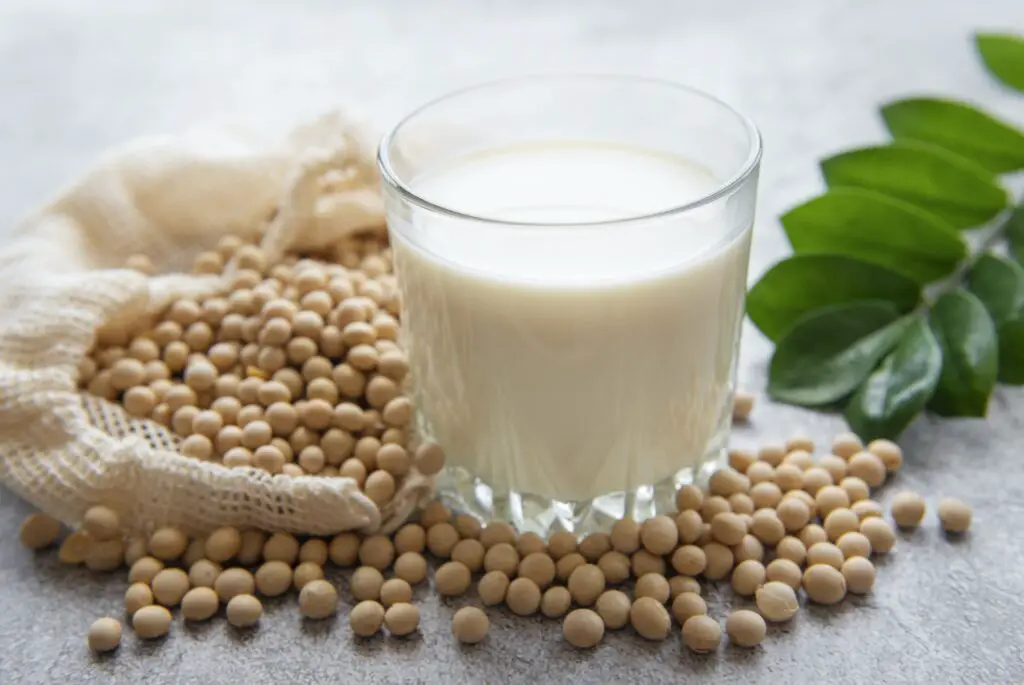
Find Your Perfect Match
As you can see, there’s a world of milk alternatives out there waiting for you to explore. From the nutty flavors of almond and cashew milk to the mild taste of oat and soy milk, there’s an option for every coffee lover.
Don’t be afraid to experiment with different alternatives to find the perfect match for your coffee. And who knows, you might even discover a new favorite that adds an extra layer of excitement to your morning brew! So, go ahead, and start your plant-based milk adventure today. Your coffee will thank you for it!
Check out this article on pour over coffee!
Daily Demitasse is a participant in the Amazon Services LLC Associates Program, an affiliate advertising program designed to provide a means for sites to earn advertising fees by advertising and linking to Amazon.com. We also participate in other affiliate programs which compensate us for referring traffic.
